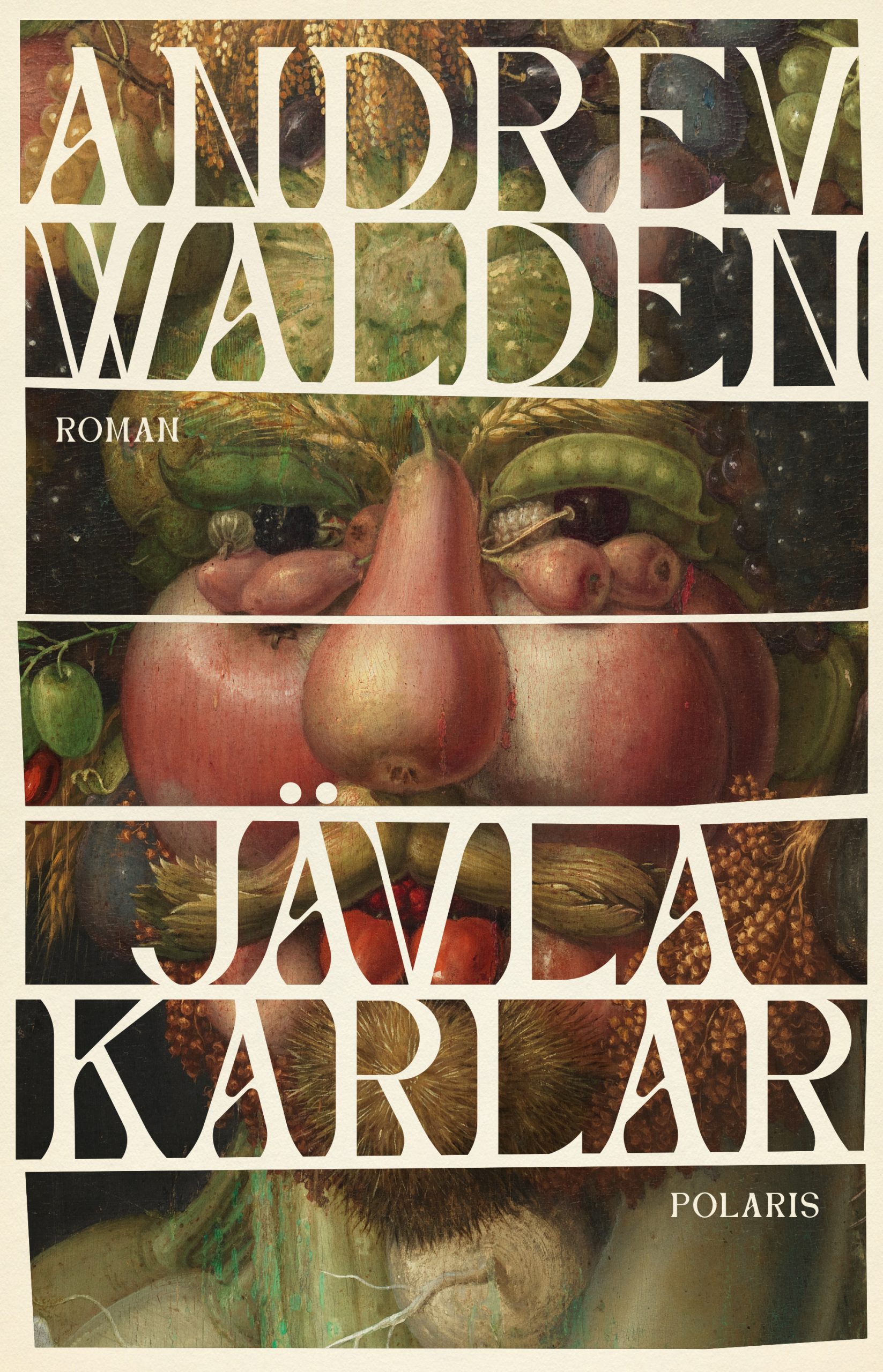
In Jävla karlar (Damn Men), Andrev Walden delivers a brilliant and darkly funny debut that transforms chaos and trauma into sharp, lyrical storytelling. The novel, which won Sweden’s prestigious August Prize, recounts the author’s unusual childhood seven different fathers in seven years and turns it into a coming-of-age story that is as absurd as it is heartbreaking.
Set in the forests outside Norrköping during the 1980s, the story begins with a revelation: a young boy named Andrev learns that the man he thought was his father is not. His real father, his mother tells him, lives far away and “has hair down to his shoulders, like an Indian.” To the child, this sounds like a fairy tale a portal to another world. But no magical rescue ever comes. Instead, a carousel of new men enters and exits their lives, each with his own quirks, flaws, and failures.
Through the eyes of a boy trying to make sense of unstable adults, Walden crafts a memoir-like novel full of humor, confusion, and the quiet endurance of a child who learns to adapt. Each “dad” gets his own chapter and nickname the Plant Magician, the Thief, the Canoeist, the Murderer sketched with both tenderness and irony. Beneath the wit, however, lies the ache of abandonment, domestic violence, and the bewilderment of a child raised amid emotional debris.
Walden’s prose is exceptional. His language crackles with energy and originality, filled with startling metaphors and rhythmic sentences that make the ordinary shimmer. The tone oscillates between tragedy and comedy, between absurdism and empathy. It’s a difficult balance to strike, but Walden manages it with grace. As one reviewer noted, he “writes like the hamster runs in its wheel fast, focused, and as if the whole thing were a joke.” That humor becomes a kind of shield, protecting both writer and reader from the pain underneath.
The book also raises ethical questions about memory and storytelling. The mother, still alive, is portrayed with raw honesty sometimes painfully so. Walden dedicates the novel to her “(Not passive-aggressively, I promise),” a line that encapsulates both his affection and the discomfort of writing about one’s family with such candor. Despite the exposure, the portrayal of his mother is not cruel; it’s deeply human, caught between survival, chaos, and yearning.
Jävla karlar is not just a memoir of bad fathers. It’s a story about resilience, humor as a coping mechanism, and the strange beauty of imperfection. It shows how a child’s imagination can make sense of madness, and how storytelling itself can turn pain into art.
Raw, funny, and unflinchingly honest, this book deserves every bit of the praise it has received. It is both a love letter to flawed humanity and a testament to the healing power of writing.


